Godzilla x Kong: The New Empire
ZERO STARS/****
starring Godzilla, King Kong, Rebecca Hall, Brian Tyree Henry
screenplay by Terry Rossio and Simon Barrett and Jeremy Slater
directed by Adam Wingard
by Walter Chaw Maybe this is how it starts, though I know we must be in the middle if not at the end. More to the point, maybe this is when we notice how close we are to the door to the processing house–to the slaughter. I want to be clear, for posterity’s sake, that I believe we are at the very edge of it. I want it to be on record that I’m afraid. I think we may even be inside, in the stench of its fear and blood and shit, pop-eyed with the too-late realization that all this time, we were waiting in this line for this outcome, and we’ve known it all along. We have been conditioned to be surprised every single time it swims to our attention for a few minutes (which used to happen infrequently, first years, then months, then days, then hours apart; soon it will be seconds) that our lives hold no value to the machineries running us save for the material weight of our flesh. We have been conditioned to forget this every time we’re accidentally confronted with it again. They did it by teaching us to question–and discount–the suffering of others. Not completely; not everyone and not yet. But mostly, and some of you are making me a little worried. I feel like Kevin McCarthy in Invasion of the Body Snatchers, although I’m not as sure I’m who I used to be anymore, either.

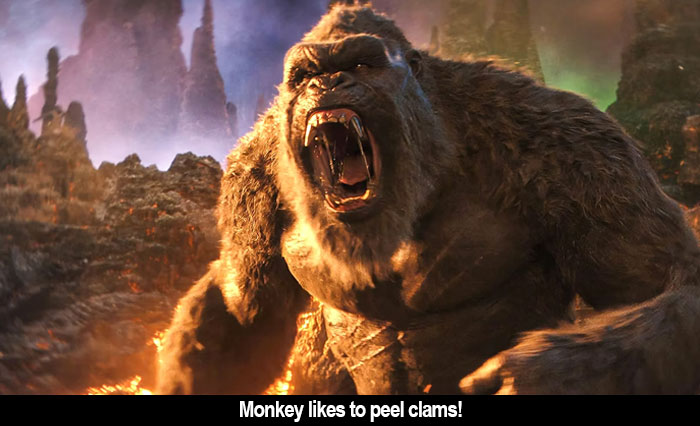
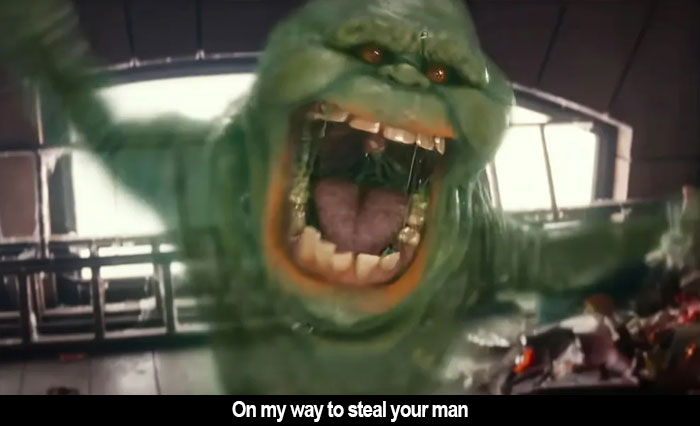
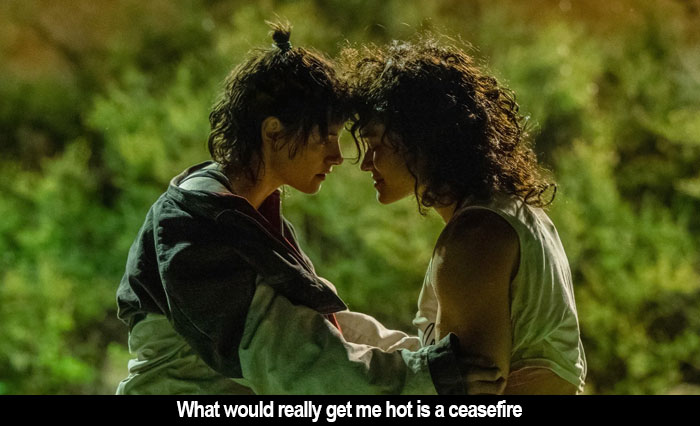
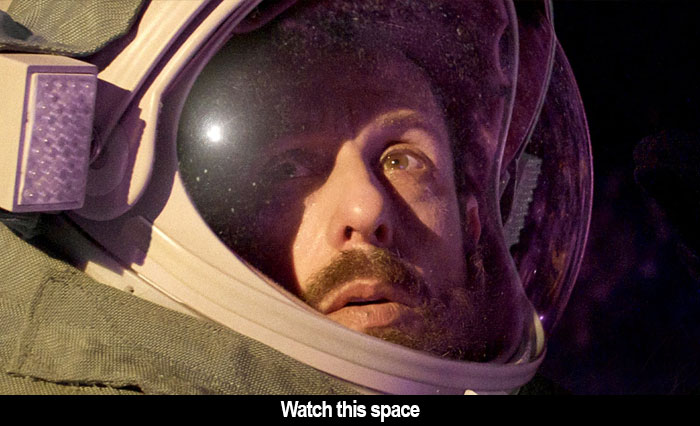

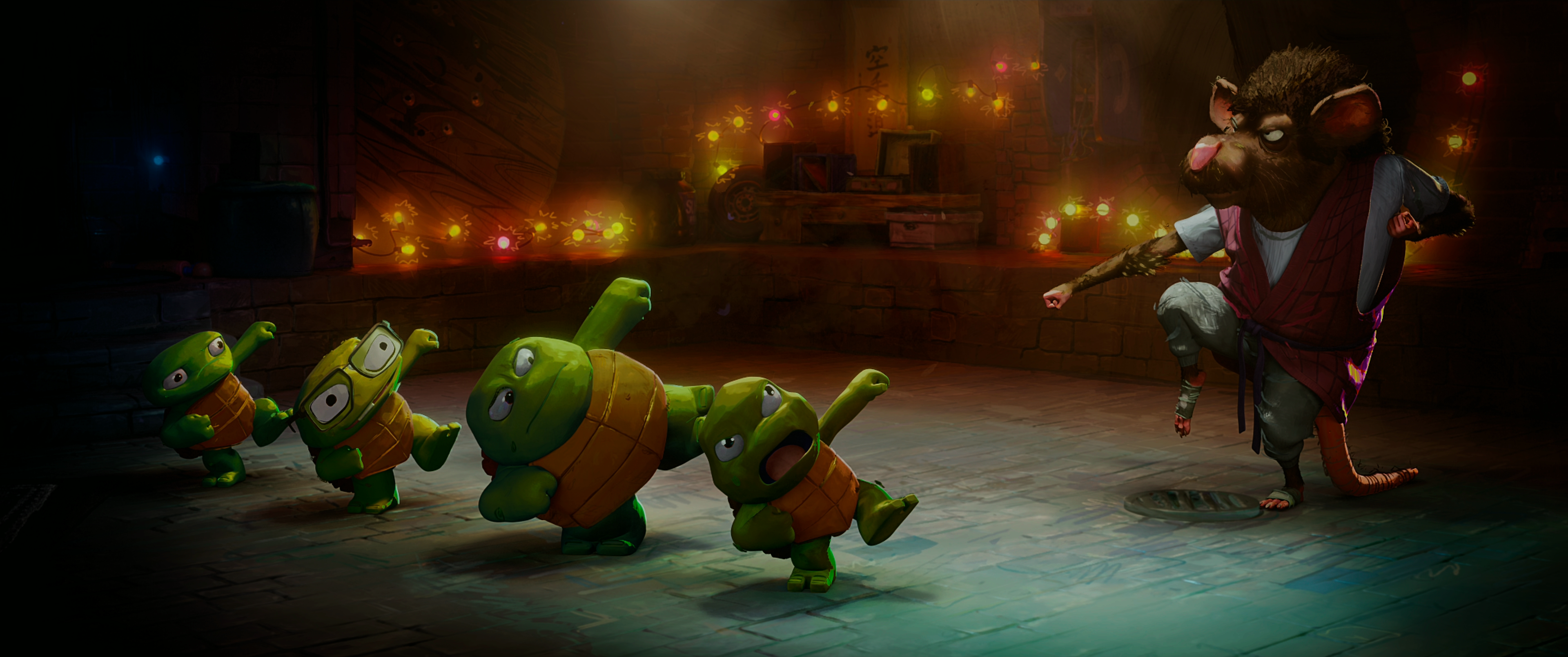
 by Walter Chaw
by Walter Chaw